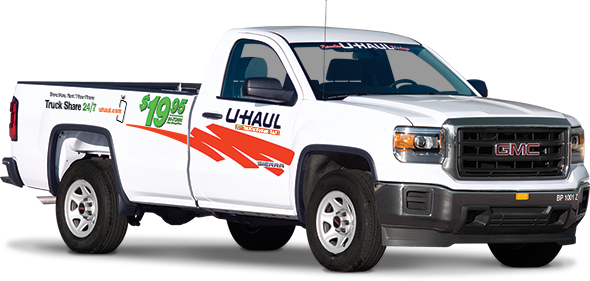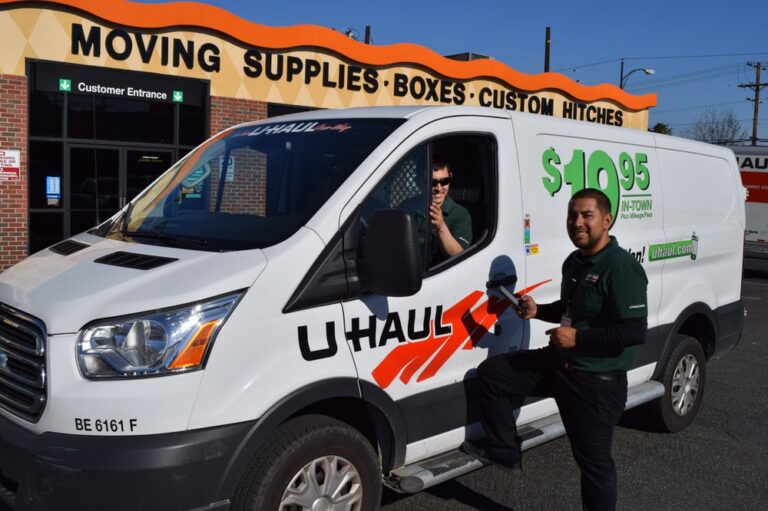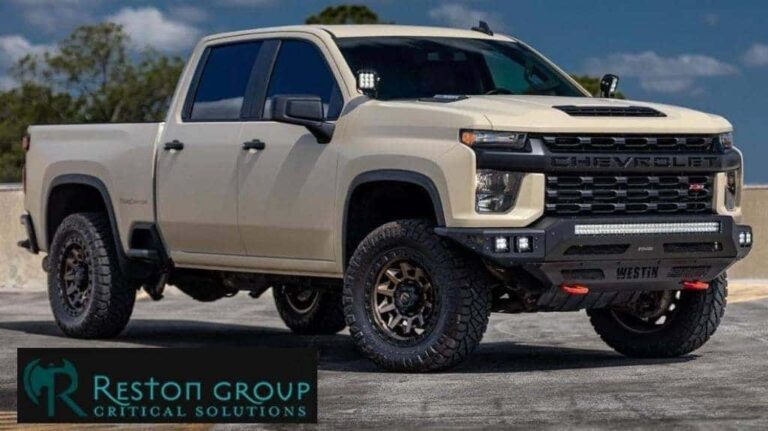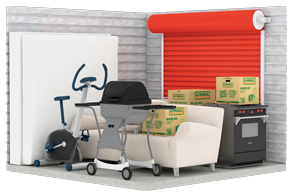The Complete Guide to U-Haul Trailer Hitches: Everything You Need to Know
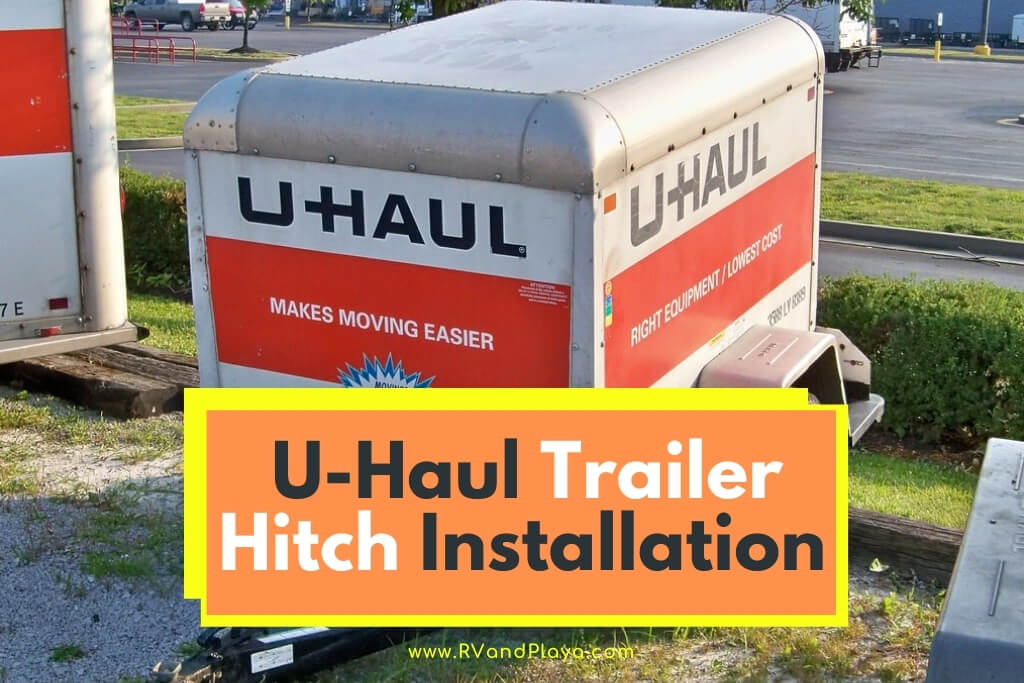
The Complete Guide to U-Haul Trailer Hitches: Everything You Need to Know
For millions of movers, adventurers, and businesses, the ability to tow is an indispensable asset. Whether it’s hauling a rental trailer across state lines, transporting recreational gear to a remote campsite, or moving heavy equipment for a job, a reliable trailer hitch is the foundation of safe and efficient towing. Among the myriad options available, U-Haul stands out as a pervasive and widely recognized provider of trailer hitch services and products. From expert installation to a comprehensive range of hitches and accessories, U-Haul has established itself as a one-stop shop for towing solutions.
This comprehensive guide delves into the world of U-Haul trailer hitches, exploring their importance, the services offered, different types, installation processes, crucial safety considerations, and practical advice to ensure you’re well-equipped for your next towing endeavor.
Understanding Trailer Hitches – The Basics
At its core, a trailer hitch is a mechanical device attached to the chassis of a vehicle, providing a coupling point for a trailer. It’s the critical link that transfers the trailer’s weight and pulling force to the towing vehicle. A typical hitch system comprises several key components:
- Receiver Tube: The square opening on the hitch that accepts the ball mount.
- Ball Mount (Drawbar): A removable accessory that slides into the receiver tube, featuring a platform for the hitch ball.
- Hitch Ball: A spherical coupling device that connects to the trailer’s coupler.
- Pin and Clip: Secures the ball mount within the receiver tube.
U-Haul’s prominence in the towing industry stems from its accessibility, extensive network of service centers, and a commitment to providing quality towing solutions tailored to individual needs. They don’t just sell parts; they offer a complete ecosystem of towing support.
U-Haul’s Comprehensive Hitch Services
U-Haul’s offerings extend far beyond simply selling hitches. They provide a full suite of services designed to get you towing safely and efficiently:
- Professional Hitch Installation: This is perhaps U-Haul’s most well-known hitch service. Their certified technicians nationwide offer professional installation of trailer hitches on a vast array of vehicles. They ensure the hitch is correctly fitted to your specific make and model, adhering to safety standards and manufacturer specifications. This service is crucial for those who lack the tools, expertise, or time for a DIY installation.
- Sales of Hitches & Accessories: U-Haul stocks an extensive inventory of trailer hitches, ranging from light-duty Class I receivers to heavy-duty Class V options. Beyond the hitch itself, they offer all necessary accessories, including various ball mounts, hitch balls of different sizes, wiring harnesses (4-flat, 7-way), brake controllers, weight distribution systems, sway control kits, and safety chains. This comprehensive selection means you can source everything you need for a complete towing setup in one place.
- Rental Equipment Compatibility: A significant advantage of choosing U-Haul for your hitch needs is the seamless compatibility with their vast fleet of rental trailers. Whether you’re renting a utility trailer, an auto transport, or an enclosed cargo trailer, a U-Haul installed hitch is designed to work perfectly with their equipment, ensuring a hassle-free rental experience.
Types of U-Haul Trailer Hitches and Their Applications
U-Haul primarily focuses on receiver-style hitches, categorized by their towing capacity and receiver tube size. Understanding these classes is vital for selecting the appropriate hitch for your towing requirements:
-
Class I Receiver Hitches (Light Duty):
- Receiver Size: 1-1/4"
- Max GTW (Gross Trailer Weight): Up to 2,000 lbs
- Max TW (Tongue Weight): Up to 200 lbs
- Applications: Bike racks, cargo carriers, very small utility trailers, personal watercraft trailers. Often found on compact cars and crossovers.
-
Class II Receiver Hitches (Medium Duty):
- Receiver Size: 1-1/4"
- Max GTW: Up to 3,500 lbs
- Max TW: Up to 350 lbs
- Applications: Small boat trailers, pop-up campers, utility trailers, motorcycle trailers. Suitable for many sedans, crossovers, and smaller SUVs.
-
Class III Receiver Hitches (Heavy Duty):
- Receiver Size: 2"
- Max GTW: Up to 8,000 lbs
- Max TW: Up to 800 lbs
- Applications: Travel trailers, medium-sized boat trailers, larger utility trailers, car haulers. The most common class for SUVs, pickup trucks, and full-size vans.
-
Class IV Receiver Hitches (Super Heavy Duty):
- Receiver Size: 2"
- Max GTW: Up to 12,000 lbs
- Max TW: Up to 1,200 lbs
- Applications: Large travel trailers, significant boat trailers, multi-car haulers, some fifth-wheel applications (with appropriate adapters). Primarily for heavy-duty trucks and large SUVs.
-
Class V Receiver Hitches (Extreme Duty):
- Receiver Size: 2" or 2-1/2"
- Max GTW: Up to 17,000 lbs (2") or 20,000 lbs (2-1/2")
- Max TW: Up to 1,700 lbs (2") or 2,000 lbs (2-1/2")
- Applications: Large recreational vehicles (RVs), commercial trailers, large livestock trailers, heavy equipment transport. Exclusively for heavy-duty trucks and commercial vehicles.
The U-Haul Hitch Installation Process: What to Expect
Opting for professional installation at U-Haul offers peace of mind and ensures your hitch is installed correctly and safely. Here’s a general overview of the process:
- Consultation and Vehicle Assessment: When you bring your vehicle to U-Haul, a technician will assess your vehicle’s make, model, year, and your specific towing needs. They’ll review your vehicle’s towing capacity (found in your owner’s manual) and discuss what you plan to tow to recommend the appropriate hitch class.
- Hitch and Accessory Selection: Based on the assessment, the technician will help you select the correct receiver hitch, ball mount, hitch ball, and any necessary wiring harnesses or brake controllers.
- Professional Installation: The installation itself typically involves attaching the hitch to the vehicle’s frame, often using existing mounting points or, in some cases, drilling new holes. This is followed by the installation of the wiring harness to ensure proper trailer lighting and, if applicable, a brake controller. U-Haul technicians are trained to perform these installations precisely and efficiently.
- Testing and Education: Once installed, the technician will test all components, especially the wiring, to ensure everything functions correctly. They will also provide you with essential safety information, demonstrate how to properly connect and disconnect a trailer, and offer tips for safe towing.
- DIY vs. Professional Installation: While some mechanically inclined individuals might consider a DIY installation, professional installation by U-Haul offers significant advantages: expertise, specialized tools, adherence to safety standards, and often a warranty on their work. Incorrect installation can lead to severe safety hazards and damage to your vehicle or trailer.
Important Considerations for U-Haul Hitch Users
Before you hit the road with your newly installed hitch, several critical factors demand your attention:
- Towing Capacity: Never exceed your vehicle’s manufacturer-specified towing capacity, which is typically found in your owner’s manual. This is different from the hitch’s capacity, and you must always abide by the lower of the two.
- Gross Trailer Weight (GTW) & Tongue Weight (TW): GTW is the total weight of the loaded trailer. TW is the downward force exerted by the trailer’s coupler onto the hitch ball. Generally, TW should be 10-15% of the GTW for safe towing. U-Haul technicians can help you understand these metrics.
- Weight Distribution Systems: For heavier trailers (especially travel trailers) or when towing close to your vehicle’s maximum capacity, a weight distribution hitch (WDH) is often recommended or even required. A WDH helps distribute the tongue weight more evenly across all axles of the tow vehicle and trailer, improving stability, braking, and handling. U-Haul offers and installs these systems.
- Braking Systems: Trailers exceeding a certain weight (which varies by state, but often around 1,500-3,000 lbs GTW) are legally required to have their own braking system. An electronic brake controller installed in your tow vehicle allows you to activate the trailer brakes, significantly improving stopping power and control. U-Haul can install these.
- Wiring Harnesses: Essential for powering your trailer’s tail lights, turn signals, brake lights, and sometimes electric brakes. U-Haul installs both 4-flat (for basic lighting) and 7-way (for lighting, brakes, and auxiliary power) wiring harnesses.
- Safety Chains: Always use safety chains, crisscrossing them under the trailer coupler and attaching them to the tow vehicle’s hitch. They are a legal requirement and provide a critical backup in case the primary hitch connection fails.
Maximizing Your U-Haul Hitch Experience: Tips & Best Practices
- Regular Inspection: Before each tow, visually inspect your hitch, ball mount, hitch ball, pin and clip, safety chains, and wiring for any signs of wear, damage, or corrosion.
- Correct Ball Size: Ensure your hitch ball matches the size of your trailer’s coupler. Mismatched sizes can lead to catastrophic failure.
- Secure All Connections: Double-check that the ball mount is securely pinned, the coupler is latched onto the ball, and safety chains are properly attached.
- Load Distribution: Properly load your trailer to achieve the correct tongue weight and ensure the weight is balanced side-to-side. Heavy items should be placed over the trailer axles.
- Practice Towing: If you’re new to towing, practice in a safe, open area before heading onto public roads. Practice turning, backing up, and braking.
- Understand Local Laws: Be aware of towing speed limits, length restrictions, and other specific regulations in your state and any states you plan to travel through.
U-Haul Trailer Hitch Pricing Table (Estimated)
Please note: Prices for U-Haul hitches and services can vary significantly based on your specific vehicle make and model, the complexity of the installation, your geographical location, and current promotions. The table below provides estimated price ranges for common components and services. Always obtain a personalized quote from your local U-Haul center for accurate pricing.
| Component/Service | Description | Estimated Price Range (USD) | Notes |
|---|---|---|---|
| Hitch Receiver | |||
| Class I Receiver (1-1/4") | For light-duty towing, bike racks, cargo carriers. | $150 – $250 | Vehicle-specific design. |
| Class II Receiver (1-1/4") | For medium-duty towing, small boats, pop-ups. | $170 – $280 | Vehicle-specific design. |
| Class III Receiver (2") | Most common, for travel trailers, medium boats, car haulers. | $200 – $350 | Vehicle-specific design. |
| Class IV Receiver (2") | Heavy-duty towing, large travel trailers, car haulers. | $250 – $450 | Vehicle-specific design. |
| Class V Receiver (2" or 2-1/2") | Extreme-duty towing, large RVs, commercial trailers. | $300 – $600+ | Vehicle-specific design; often for heavy-duty trucks. |
| Accessories | |||
| Wiring Harness (4-Flat) | For basic trailer lights (tail, brake, turn). | $50 – $120 | Vehicle-specific; includes installation. |
| Wiring Harness (7-Way) | For lighting, electric brakes, and auxiliary power. | $150 – $300 | Vehicle-specific; includes installation. May require additional components like a brake controller. |
| Ball Mount (Drawbar) | Various drops/rises, fits into receiver. | $25 – $75 | Selection depends on trailer coupler height. |
| Hitch Ball | Various sizes (1-7/8", 2", 2-5/16"). | $15 – $40 | Must match trailer coupler size. |
| Weight Distribution Hitch (WDH) | Improves stability and distributes weight for heavier trailers. | $300 – $600 | Essential for many travel trailers; includes installation and setup. |
| Brake Controller (Electronic) | Activates electric trailer brakes from tow vehicle. | $150 – $350 | Necessary for trailers with electric brakes; includes installation. |
| Sway Control Kit | Reduces trailer sway, especially in crosswinds. | $70 – $150 | Can be added to many WDH systems or as a standalone friction-style unit. |
| Installation Labor | |||
| Standard Hitch Installation | For receiver hitch only. | Often included in hitch price | U-Haul often bundles installation labor for the receiver hitch with the cost of the hitch itself. |
| Wiring Harness Installation | For 4-flat or 7-way. | Often included in harness price | Similarly, wiring installation is often part of the harness purchase. |
| Brake Controller Installation | For electronic brake controller. | $75 – $150 | May be a separate labor charge if not bundled with the brake controller unit. |
| Total Estimated Cost (Typical) | For a complete Class III hitch, 7-way wiring, ball mount, hitch ball. | $500 – $900+ | This is a general estimate. Complex installations or additional accessories like WDH or brake controllers will increase the total. Always get a precise quote for your specific needs. |
Frequently Asked Questions (FAQ) about U-Haul Trailer Hitches
Q1: Can U-Haul install a hitch on any vehicle?
A1: U-Haul can install hitches on most vehicles, from compact cars to heavy-duty trucks. However, there might be some vehicle models for which a compatible hitch is not manufactured or recommended. It’s always best to check with your local U-Haul center or use their online "Hitch Installation Quote" tool.
Q2: How long does a U-Haul hitch installation take?
A2: The installation time varies depending on the vehicle and the complexity of the hitch system (e.g., just a receiver vs. receiver, wiring, and brake controller). Most standard installations can take anywhere from 1 to 3 hours.
Q3: Do I need a wiring harness?
A3: Yes, if you plan to tow a trailer that requires lighting (which most do for safety and legal reasons), you will need a wiring harness to connect your vehicle’s electrical system to the trailer’s lights.
Q4: What’s the difference between a 4-flat and 7-way connector?
A4: A 4-flat connector provides basic functions: left turn/brake, right turn/brake, tail lights, and ground. A 7-way connector offers these same functions plus additional circuits for electric trailer brakes, reverse lights, and auxiliary power (e.g., to charge a trailer battery).
Q5: Can I install a U-Haul hitch myself?
A5: While U-Haul sells hitches for DIY installation, professional installation is strongly recommended. Improper installation can lead to severe safety hazards, damage to your vehicle, and may void warranties.
Q6: Does U-Haul offer a warranty on their hitches and installation?
A6: U-Haul typically offers a nationwide lifetime warranty on their installed trailer hitches and a limited warranty on their installation labor. It’s best to confirm the specific warranty details at the time of purchase and installation.
Q7: How do I know what class hitch I need?
A7: The class of hitch you need depends on your vehicle’s towing capacity and the Gross Trailer Weight (GTW) of the heaviest trailer you plan to tow. Always choose a hitch with a capacity that meets or exceeds your towing needs, without exceeding your vehicle’s maximum capacity. U-Haul technicians can help you determine the appropriate class.
Conclusion
A trailer hitch from U-Haul represents more than just a piece of metal bolted to your vehicle; it’s an investment in versatility, convenience, and peace of mind. By providing expert installation, a comprehensive range of hitches and accessories, and invaluable advice, U-Haul empowers individuals and families to tackle moving challenges, embark on new adventures, or handle demanding work tasks with confidence.
Understanding the different hitch classes, crucial safety considerations, and the benefits of professional installation are key to a successful towing experience. Whether you’re a first-time tower or a seasoned veteran, U-Haul’s commitment to safety and customer service makes them a reliable partner in all your towing endeavors. With the right U-Haul hitch, your journey is just beginning.

